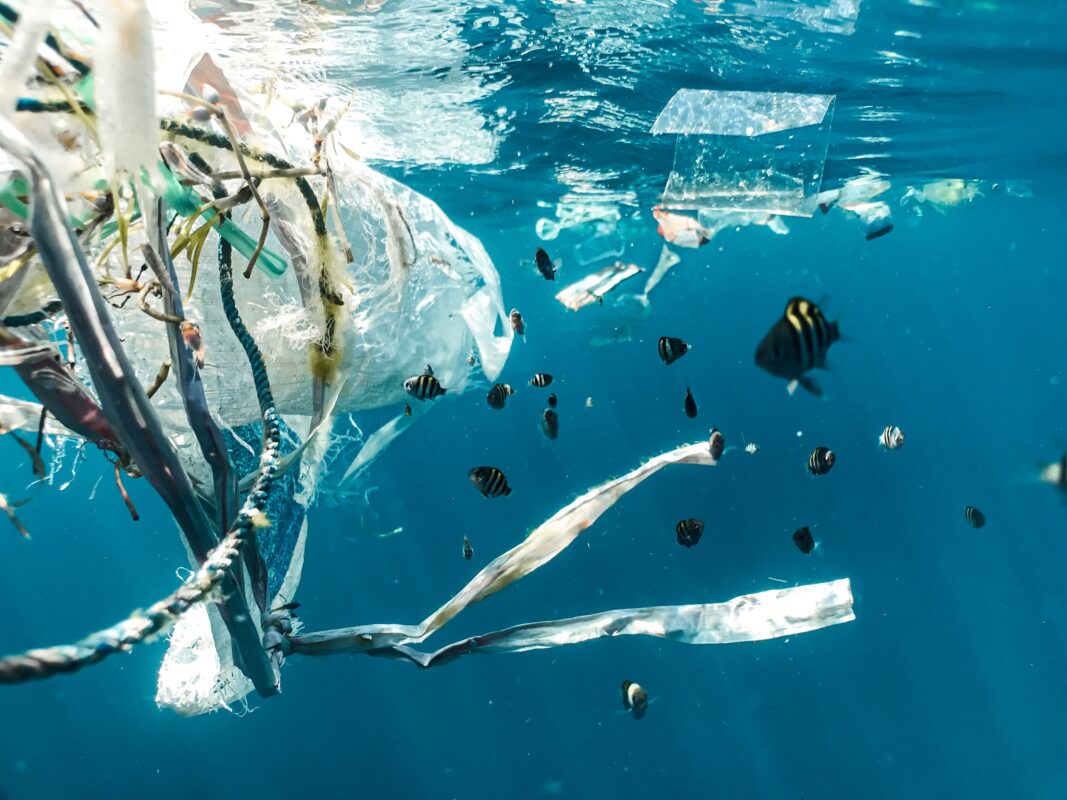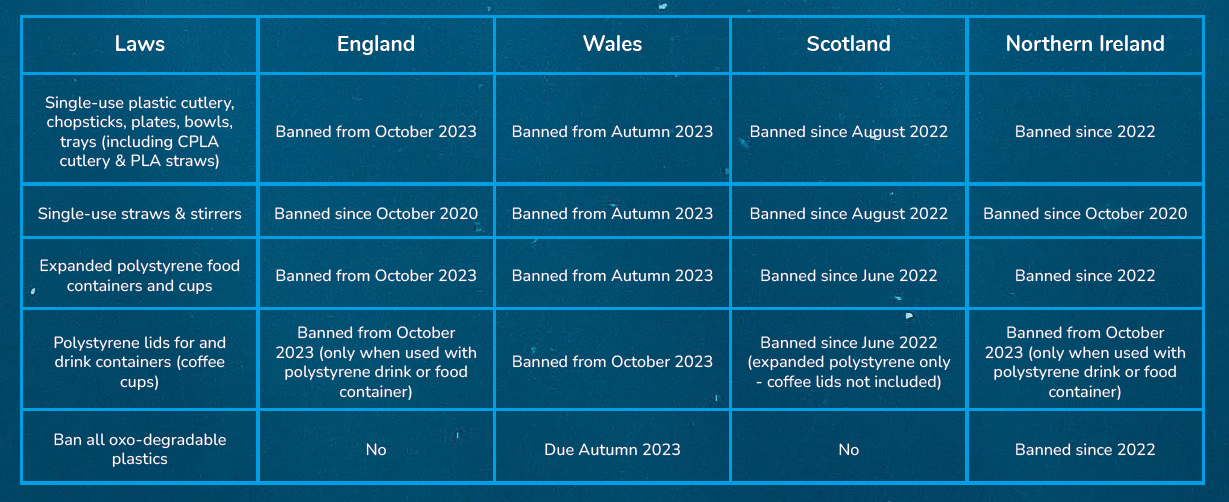As per the Government announcement at the beginning of the year that England is set to roll-out a ban on certain single-use plastic in October this year, the hospitality industry is preparing for the bans to come in.
As much as the move is a positive one for the country’s overarching sustainability aims, there is undoubtedly a period of adjustment and understanding as the industry seeks to discern the mechanics of the ban – traders need to know what it boils down to; how exactly the plastic ban will affect them.
What has been announced so far includes single-use plastic plates, trays, cutlery, bowls, balloon sticks as well as certain types of polystyrene cups and food containers. Effectively this means that come the Autumn, consumers will not be able to purchase any of these products from businesses in any sector.
There are some prevalent exemptions to these bans, as found on the UK Government website:
Plates, bowls and trays
From 1 October you must not supply single-use plastic plates, trays and bowls to members of the public.
Exemptions
You can still supply single-use plastic plates, bowls and trays if either of the following apply:
- you are supplying them to another business
- the items are packaging (pre-filled or filled at the point of sale)
Examples of this type of packaging include:
- a pre-filled salad bowl or ready meal packaged in a tray
- a plate filled at the counter of a takeaway
- a tray used to deliver food
Cutlery and balloon sticks
From 1 October you must not supply single-use plastic cutlery or balloon sticks.
There are no exemptions to this ban.
Polystyrene food and drink containers
From 1 October you must not supply ready-to-consume food and drink in polystyrene containers. This includes in polystyrene cups.
Polystyrene means expanded and extruded polystyrene.
Exemptions
You can still supply food or drink in polystyrene containers if it needs further preparation before it is consumed. For example, further preparation could mean:
- adding water
- microwaving
- toasting
Inspections
Local authorities will carry out inspections to make sure the rules are being followed.
Inspectors can:
- visit a shop or store
- make test purchases
- speak to staff
- ask to see records
If you break the law, inspectors can order your business to cover the cost of the investigation.”
This new law will bring England and Wales in line with Scotland and Northern Ireland, who both had previously introduced similar bans on single-use plastics in 2022 and 2020 respectively.
Sustainability has become a key aim of most businesses in the UK reflective of wider sector aims and ambitious aims at Government level to see the nation become much more sustainable. The hospitality sector carries a lot of weight in this conversation, due to the nature of trade. Takeaways for example, are always associated with disposable plastic packaging / cutlery and the prevalent notions of the UK being something of a ‘throwaway’ society.
The use of sustainable solutions across the hospitality sector could contribute to a significant increase in the state of the UK’s environmental health and push the country further towards achieving its sustainability aims.
Our packaging partner BioPak have put together this handy table which details exactly what will be banned, and when those bans come into place:
We will be sure to provide further guidance on this new legislation as the ban nears and we have more information to share on the topic. Keep an eye out for further information here.







 Featured Training
Featured Training
OUR MEMBERSHIP
We're here to help make your catering business a success. Whether that be starting up or getting on top of your compliance and marketing. We're here to help you succeed.
Want our latest content?
Subscribe to our mailing list and get weekly insights, resources and articles for free
Get the emails